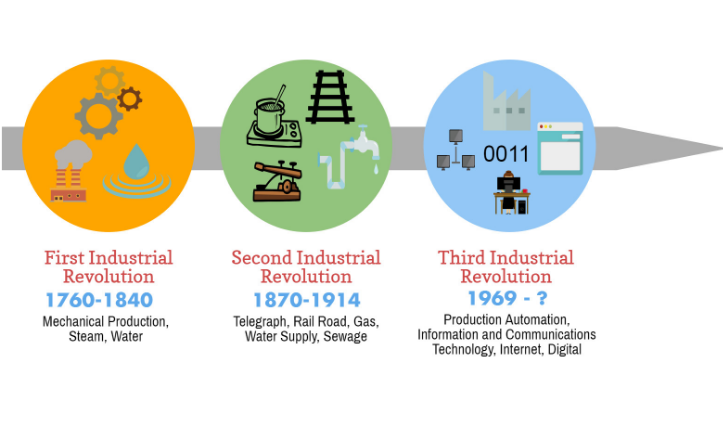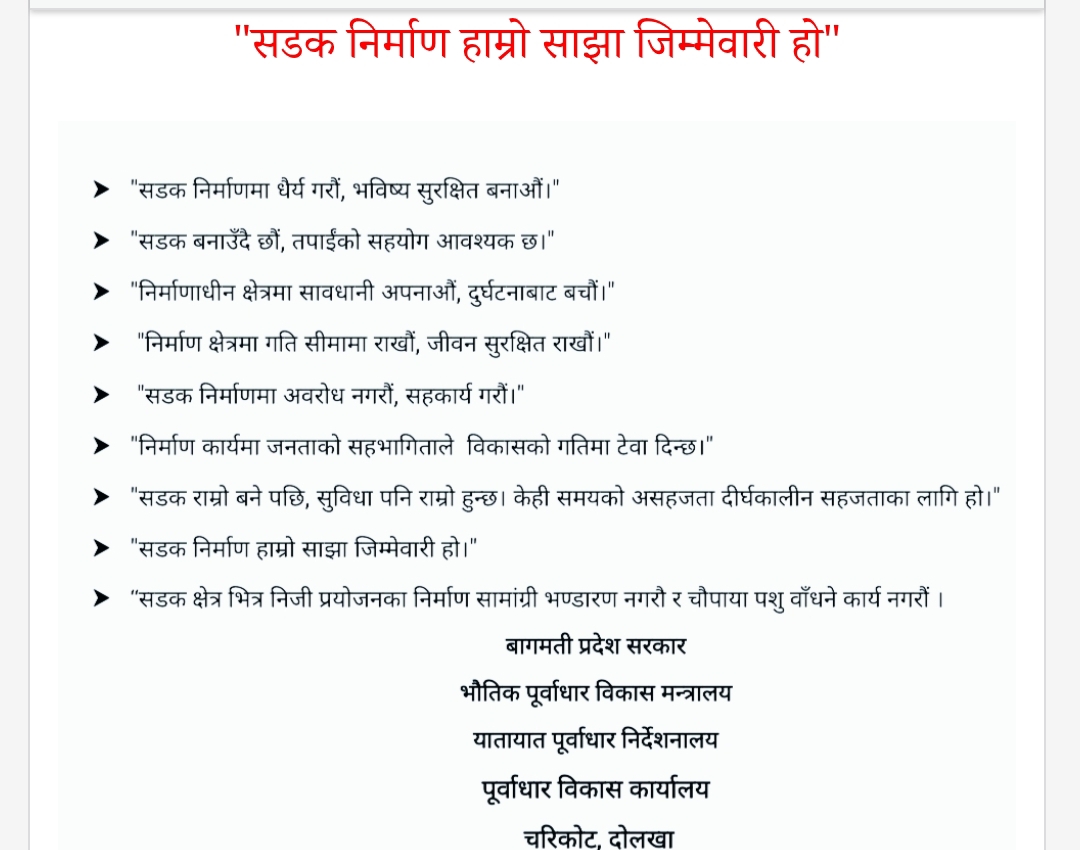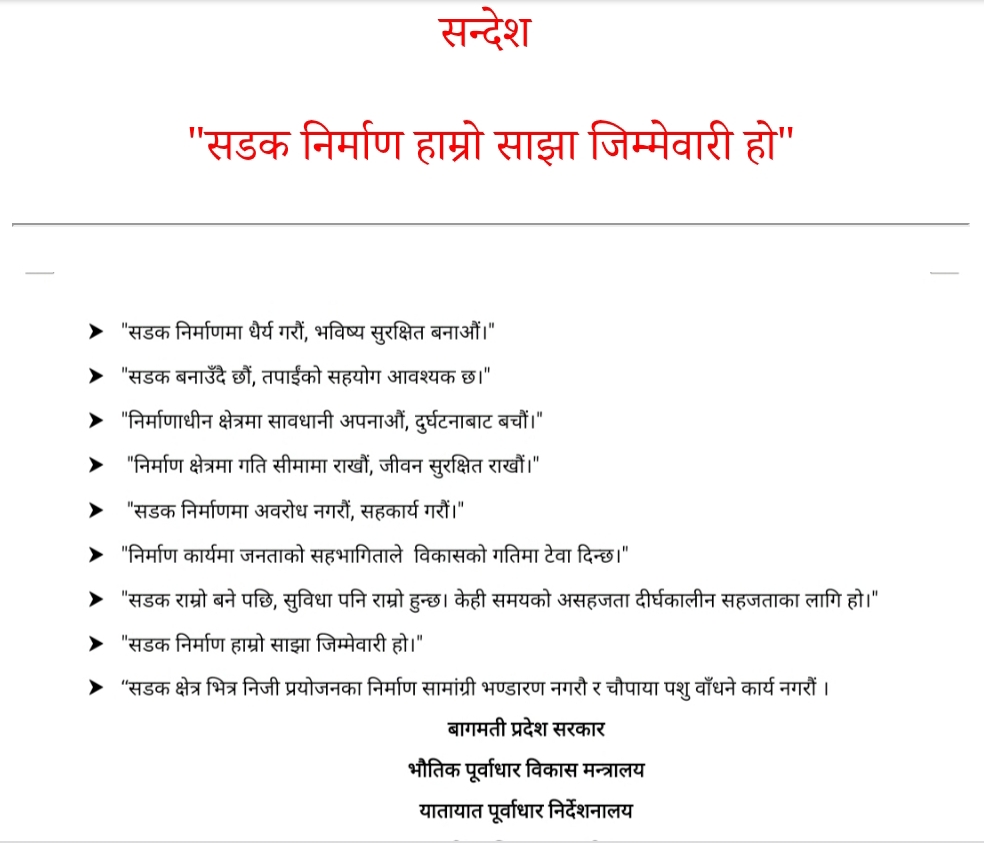
Simon Chan Click here to view Simon Chanis profile
Simon Chan
Technology Business Partner | LinkedIn Top Voice | Change Enabler | Business Analysis, Project Management and Enterprise Architecture
Published Nov 11, 2016
+ Follow
In the world of business, there is much talk about Digital Transformation at the moment. This is not just a fashion or fad or a term made up by management consultancies to sell business. It will fundamentally alter the socioeconomic landscape and change the way we live, work, play, consume products and services. In its scale, scope, and complexity, the transformation will be unlike anything humankind has experienced before. We are still in the middle of something very special – the third industrial revolution.
Each industrial revolution has brought about a radical complex of socioeconomic changes, where almost every aspect of daily life is influenced in some way.
“Each industrial revolution has brought about a radical complex of socioeconomic changes, where almost every aspect of daily life is influenced in some way. ”
The First Industrial Revolution (1760-1840) was about the shift from home-based hand production methods to factory-based machines. Advances in steam and water power made this possible and this had a transformational impact on the textile industry, driving employment and output.
The Second Industrial Revolution (1870-1914) known as the technological revolution brought about rapid changes in manufacturing and production technology, which was the catalyst for the widespread adoption of pre-existing technological systems such as telegraph and railroad networks, gas, water supply, and sewage systems. It was a period which introduced ideas such as division of labour and mass production.
The start of the Third Industrial Revolution (1969-?) which will be known as the digital revolution is driven by the change from mechanical and analogue electronic technology to digital electronics, resulting in the widespread adoption of digital computers which has led us to the present day. So far, we have seen the automation of production, consumer electronics, information and communications technology and the internet.
“Disruption, Agile, Innovation”
Digital Transformation is the next stage of advancement for this revolution and it is unique in its velocity. This phase is currently playing out at breakneck speed, evolving at an exponential rather than a linear pace, led by the likes of Amazon, Apple and Google. The key words are “Disruption”, “Agile” and “Innovation”. We are seeing breakthrough ideas which challenge the traditional production, management and governance paradigms. Business models are having to be re-defined as customers become more demanding and technologically savvy. Global CEOs and senior business executives are currently scrambling to keep pace with the developments, and the rapidly changing landscape is a source of constant surprise, even for those who are well connected and informed. The reality is that most organizations do not have the infrastructure in place to deal with this pace of change. For some business leaders, they are going to have to accept that it is going to be a much slower process to adapt to this new world.
With emerging technology breakthroughs in fields such as artificial intelligence, robotics, the Internet of Things, autonomous vehicles, 3-D printing, nanotechnology, biotechnology, quantum computing, the pace of change is only going to get quicker. Business has changed – it is now as much about change management as it is about selling products and services, with digital technology as the driver.
“The game has changed”
In the past few days, we have seen how the digital revolution has driven innovation in politics. Social media and data analytics were right at the centre of both the Brexit and Donald Trump campaigns. The game has changed – Are you ready?

























